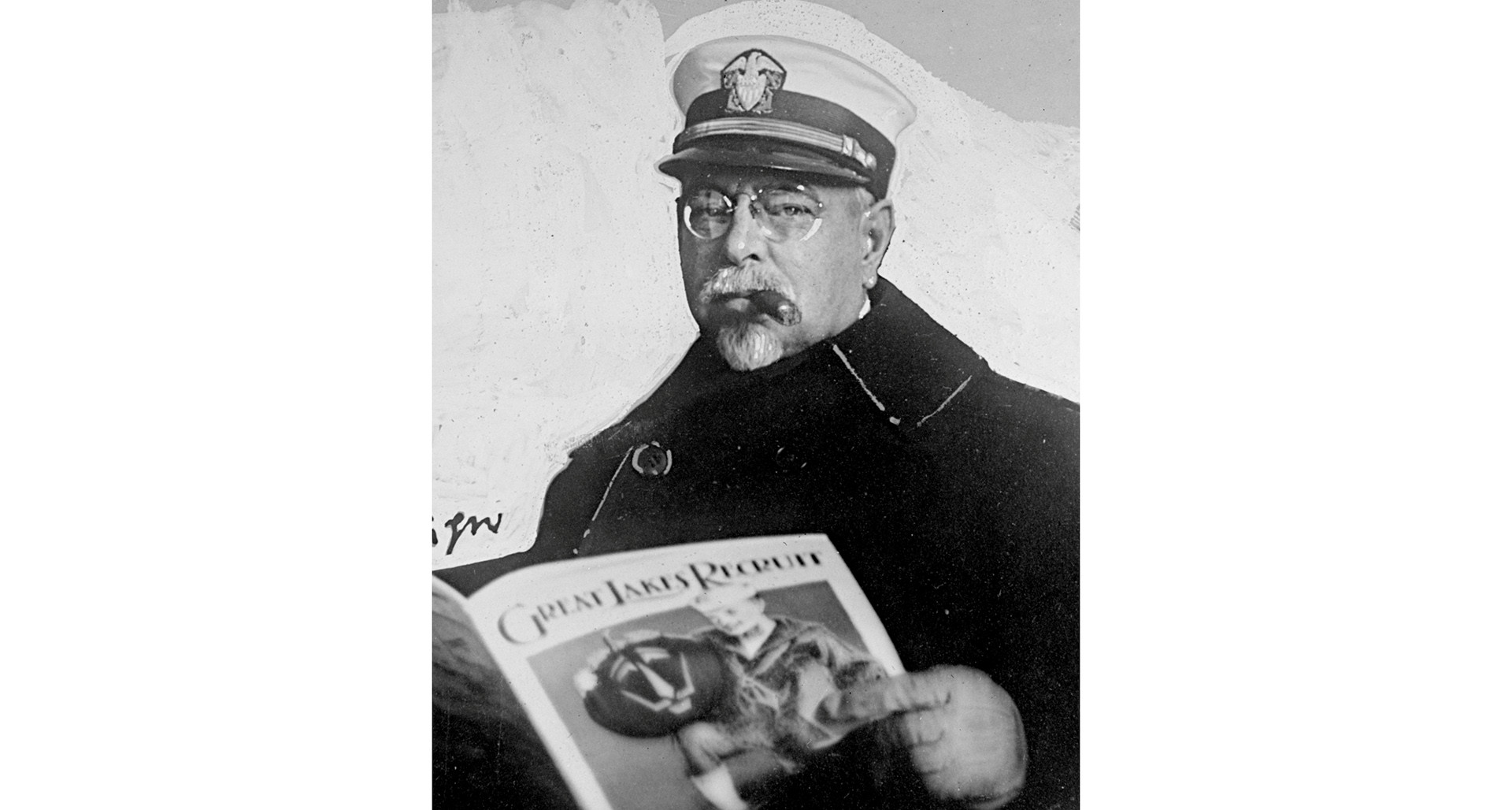
Service in the Corps often proves useful for later careers.
Nov. 10 is the birthday of the Marine Corps, first formed as the Continental Marines in 1775 during the Revolutionary War. Below are some Corps veterans you may have heard of.
Donald P. Bellisario: The producer/screenwriter of “Magnum P.I.,” “JAG,” “NCIS,” “Quantum Leap” and more served from 1955-1959, attained the rank of sergeant and was awarded a Good Conduct Medal. In an interview with the Television Academy Foundation, he described writing the JFK episode of “Quantum Leap” based on his own 1958 encounter with Lee Harvey Oswald at Marine Air Control Squadron 9 in California. He received the American Legion National Commander’s Public Relations Award during the 2004 Washington Conference.
Art Buchwald: The humor columnist served in the 4th Marine Aircraft Wing during World War II, including at Enewetak Atoll. He also wrote for and edited the outfit’s newspaper The U-Man Comedy. After he was discharged in 1945, he enrolled in the University of Southern California using the GI Bill.
Don and Phil Everly: The brothers and Rock & Roll Hall of Fame members enlisted in the Marine Corps Reserve together. Stationed at Camp Pendleton from 1961-1962, they were known for giving concerts for their company.
Verne Gagne: The wrestler (amateur and professional), football player and actor entered the Marine Corps in 1943, and also served with a Navy underwater demolition team.
Steve McQueen: The actor joined the Marine Corps at 17 in 1947. He later saved five of his fellow Marines from a tank during an Arctic mission. He utilized the GI Bill to study acting in New York City. McQueen died at 50 in 1980, less than a year after being diagnosed with mesothelioma, contracted during his racing career and his Marine Corps service on troop ships.
John Philip Sousa: The conductor and composer “joined” the Marine Corps in 1867 at 13; according to sousamusic.com, “His father enlisted him … as an apprentice after he attempted to run away to join a circus band.” [Antonio Sousa had played trombone in the Marine Band.] The younger Sousa was discharged in 1875, but conducted the Marine Band from 1880-1892. During World War I, at 62, he joined the Naval Reserve, was assigned a lieutenant and paid $1 a month.
- Library & Museum

